One of the great snapshots of Christmas for me has always been the manger scene. These beautiful figurines give us a glimpse as to what God is doing at the Incarnation of Christ – an amazing moment in time! The centerpiece of the manger, of course, is the Holy Family of Jesus, Mary and Joseph. The birth of Jesus couldn’t have come at a more inconvenient time or in more difficult circumstances. But it was precisely this timing that changed everything: for the world, and for the Holy Family.
But I am aware that the idyllic holiness, peace and love the crèche depicts is often quite foreign to the experience of many families, including many families in this assembly. I know there are families where communication is anything but good. There are families who may never have known the kind of love that is shared between Jesus, Mary and Joseph. There are families who struggle with abuse: physical, sexual, or emotional.
Even in the “best” of families, there is often hardship. I know there are families who struggle to keep up with all the activities that are expected of them. There are families who can’t find time to have a meal together, let alone take a trip together. Families often struggle to make ends meet. There are families who struggle with the changing needs of children as they grow older. Families may be separated by great distance, or may have suffered the sickness or death of one of the members. Other families may find themselves changing roles as a parent, the one who provided for his or her children, grows old and becomes ill and then becomes the one in need of care.
Families can be and are the source of our greatest joys and our deepest anguish. Sometimes all in the same day. The truth is, and perhaps you find yourself thinking this as you sit there and listen to these readings today, none of our families is perfect. Few of us would rush to describe our families as well-functioning, let alone holy. And so we can sit there and look at the manger and find its serenity meaningless in the hectic anxiety of our day-to-day family lives.
But maybe we need to look a little deeper or listen a little harder today. “Holy” and “perfect” are not the same thing. We don’t need to be perfect to be a family. That was true of Jesus, Mary and Joseph as well. Would a perfect family have lost their child on the way home from a trip? I don’t think so, but that’s exactly what happened, isn’t it? Mary says to Jesus when they find him that she and Joseph had been looking for him with “great anxiety.” Those of you who are parents can well imagine the anxiety and can totally identify with what Mary and Joseph had to have been feeling.
Jesus’ response shows the struggle that so often happens in families when the children are trying to grow up faster than the parents would like to see. He is becoming aware of his mission and feels ready to take it on. They still see him as a child, a child for whom they feel great responsibility, not to mention great love and concern. This story is the last time we see Jesus until he begins his ministry at the age of about thirty. It has been theorized that the reason for this is that he was grounded until he was thirty.
I don’t know if that’s true or not, but the point is that even in the Holy Family of Jesus, Mary and Joseph, there were struggles. Nothing was perfect in that family, not even from the beginning. Right at the beginning, there was a hint of scandal about the pregnancy; they had to flee for their safety; they suffered from poverty and violent threats. Like many modern families they suffered under political and military oppression, had to settle far from their original home and had to start a new life in a foreign place. Two thousand years may separate the modern family from the “Holy Family,” but there is much to link us, much that we share.
So, what we are supposed to see in the Holy Family is something perhaps different from perfection. Perhaps it is faithfulness. Faithfulness to God and faithfulness to one another: indeed, it is this faithfulness that leads them to the holiness we celebrate today. Look at the way the situation in the Gospel reading today was resolved among them. Even though they were panicked and anxious about the disappearance of their son; even though they did not understand what was going on with him, yet they appreciated his uniqueness, and Mary kept all of these memories in her heart, kept them to be sorted out and understood much later. And even though Jesus was ready to grow into adulthood and ready to begin his mission, yet he understood the concerns of his parents and continued to be obedient to them as he continued to grow in wisdom and grace. They were faithful to one another.
Our first reading today from Sirach addresses these same concerns. The family members are instructed to care for one another, to honor one another, to love and respect one another all their days. Even as parents age and the roles become reversed, still we are to respect them for all they have been for us. We are called to be faithful to one another.
I continue to be aware that even as I pull that theme of faithfulness out of today’s Scriptures, that can still seem insurmountable to many of you. Why should you be faithful when the hurts inflicted by other members of your family still linger? That’s a hard one to address, but the call to faithfulness is still there for all of us. And we’re not told to be faithful just when everyone else is faithful. Sometimes we are called to make an almost unilateral decision to love and respect the others in our families, and let God worry about the equity of it all. I know that’s easier to say than to do, but please know that this Church family supports you with prayer and love as you do that.
Every single one of us is called to be holy, brothers and sisters. And every single one of our families is called to be holy. That doesn’t mean that we will be perfect. Some days we’ll be pretty far from it. But it does mean that we will be faithful in love and respect. It means that we will unite ourselves to God in prayer and worship. It means we will love when loving is hard to do. Mary loved Jesus all the way to the Cross and watched him die. What we see in the model of the Holy Family for us is not perfection, but faithfulness and holiness.
That holiness will make demands of us. It did for Jesus, Mary and Joseph. Our church still has the Nativity scene on display; we are still celebrating Christmas Day. But today’s story of Jesus in the temple reminds us that our faith in the Incarnation does not stop at the crib. The Gospel already has hints that Jesus’ disciples will be asked to make a break with the past and accept a new life of sacrifice. Just as Jesus is beginning to show signs of moving beyond the safety of a small family and entering a larger world and responding to its needs, so too must we move out of the confines of the safe and serene and enter and respond to the areas of need that the world presents to us. It will take holiness for us to be able to do that.
Holiness demands that we seek it; it doesn’t just descend from above. If we want holy families, and we certainly should, we will have to make decisions and even sacrifices to pursue it. We will have to make an honest priority of worship; attending Mass every Sunday and Holy Day of Obligation as a minimum without fail. We will have to surround our families in prayer, praying at meals, teaching and reviewing prayers, praying together at night, reciting the rosary together, reading the Scriptures together. Holy families are not going to be perfect in these things, but they will not fail to pursue that holiness every single day. It takes a daily decision to do that; but that is the vocation of the family in the world.
Jesus, emerging from childhood to adulthood, reminds us that in his name, we must be ready to live faithful and holy lives, regardless of whether others are doing the same, and no matter what the personal cost. Because the cost of rejecting holiness in our lives is just too great, and the loss of an earthly family is nothing compared to losing our place in the family of God.
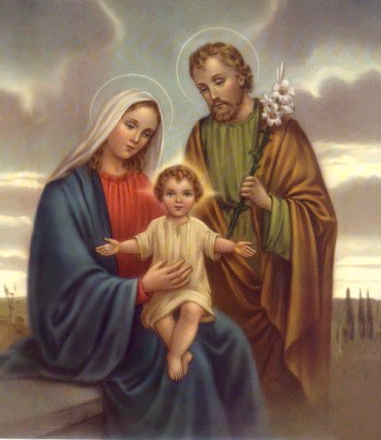
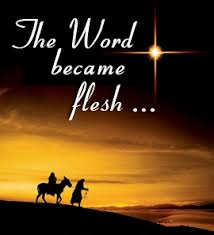
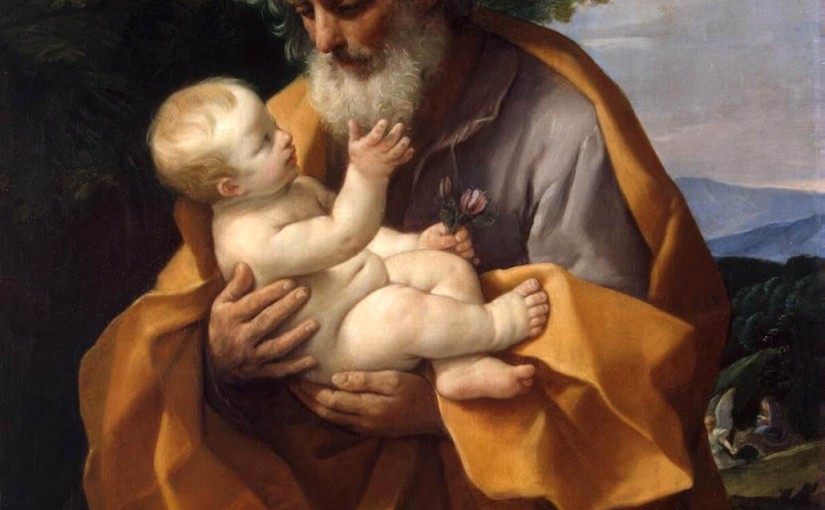



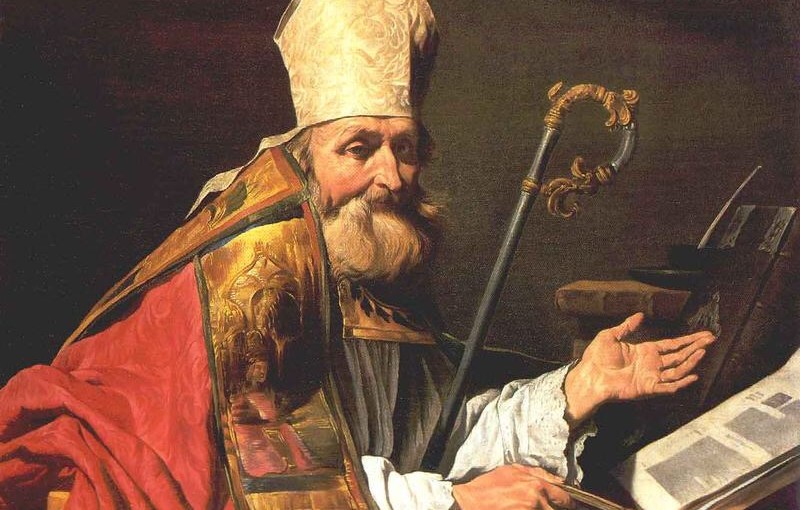

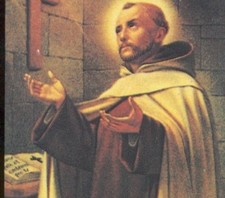
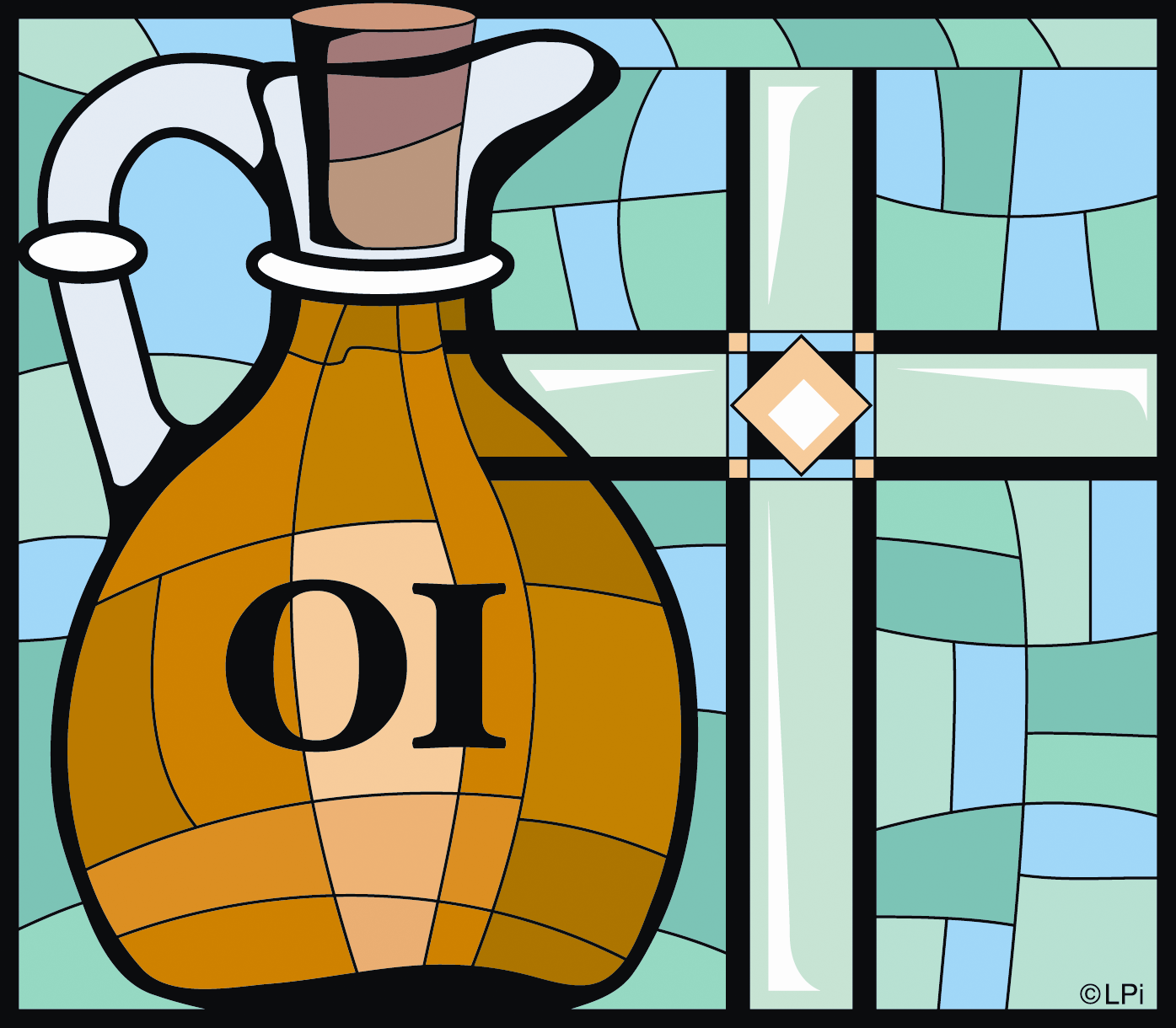
You must be logged in to post a comment.